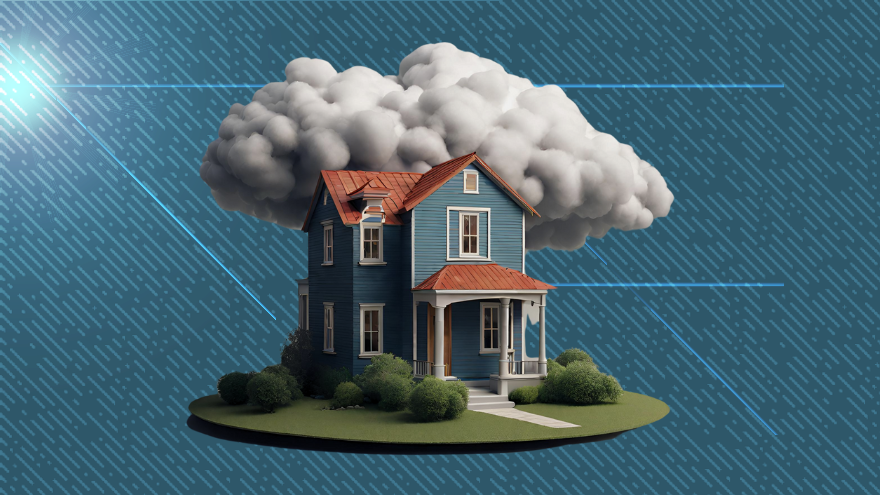According to new data published by Harvard University’s Joint Center for Housing Studies, an “all-time high of 22.4 million renter households spent more than 30 percent of their income on rent and utilities.” In addition, evictions have risen and “the country is seeing the highest homelessness counts on record, and the need for rental assistance is greater than ever.” During the response to the pandemic, eviction moratoriums prevented struggling tenants from being kicked out of their domiciles. But now that those programs have largely expired, evictions are rising. Among cost-burdened households, 12.1 million have housing costs that take up more than half of their income, which is at an all-time high for the U.S., according to Harvard’s rental housing report. “Consequently, residual incomes — the amount of money available after paying for rent and utilities to cover other needs — have dropped significantly. Those with lower incomes are especially squeezed,” the report states. Researchers say that rising interest rates in 2022 increased the cost of debt to acquire and build homes, which contributes to rising rent costs, as investors still need returns. Those who already owned rentals were not spared financial hardships. Among existing property owners, “the cost of operating multifamily properties grew nine percent year-over-year in June 2023,” according to the report. “In response, net operating income growth slowed to three percent in the third quarter of 2023, from the recent high of 25 percent posted in 2021,” with slowing returns having the possibility sparking delinquencies, the report says. Researchers predict that over the coming year there will likely be a softening of the rental market as new builds are finished, which will be good for renters and provide some relief to middle and higher income households. However, this will likely be short-lived, the report says, given high demand from Gen Z, renters, as well as millennials, and baby boomer renters. Lower income renters are predicted to continue to fare the worst. “Affordability remains a critical concern. Lower income renters face the worst affordability conditions on record,” according to the report.The U.S. has just hit another grim economic milestone under the Biden administration: half of all the nation’s renters are now cost burdened.
economy /
Housing Now Unaffordable For Half of All Renters, Study Finds
The U.S. is now 'seeing the highest homelessness counts on record'

*For corrections please email [email protected]*
